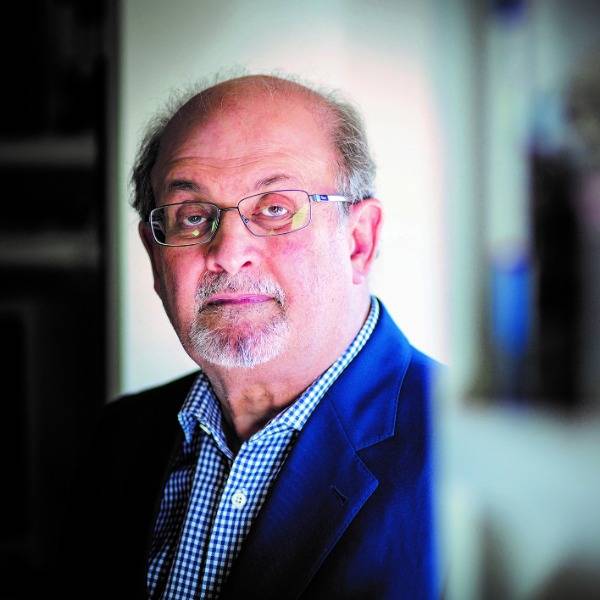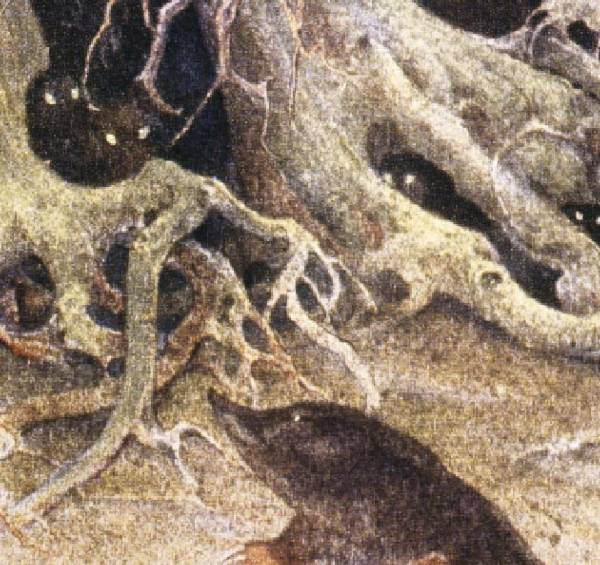It was probably the humaneness with which the doomed central relationship of Oscar-winner Brokeback Mountain was handled which led the New York Times to call its director "the ubiquitous liberal humanist Ang Lee". But what, exactly, did they mean? Certainly Lee has been ever-present this year, but 'liberal humanist?' It's a phrase which smacks of damning with faint praise, invoking a kind of limp passivity in contrast to the rugged, macho individualists of Hollywood lore. No one ever dared call Sam Peckinpah a liberal humanist. At least not to his face. Scouring Lee's record in search of some shared quality that would define his humanism, liberal or otherwise, doesn't really clarify things. To be sure, some of his films are sensitive, humane, thoughtful explorations of the all too human travails faced by their protagonists: The Ice Storm (1997) and Eat Drink Man Woman (1994) come to mind, but Hulk (2003)? Granted Bruce Banner has obvious personal difficulties, turning green when angry, ripping all his good shirts, that sort of thing, but it's hardly Hamlet. The Civil War drama Ride With The Devil (1999) was an elegant variation on a familiar genre theme, while Sense and Sensibility (1995) was, well, sense and sensibility. As for the hugely acclaimed but deathly boring Crouching Tiger, Hidden Dragon (2000) it was little more than a kung fu flick for the Merchant/Ivory crowd.
True, many of Lee's characters are richly drawn, their human foibles made more than evident, something which certainly distinguishes him in a Hollywood dominated by the rhetoric of action. But the same could be said for John Ford or Howard Hawks. So it's not just concern with sympathetic characterisation that's the key, nor is it depth of perception, nor interest in moral issues in a human(e) context, all of which can be found in film-makers to whom the 'humanist' marque would never be applied.
This is not of course, a new problem. Years ago, when I was first learning seriously about film, often watching more than half-a-dozen movies a week, I came across the expression 'humanist cinema' for the first time. The figures to whom critics attached this rubric were stylistically and thematically diverse, and the more of their films that I saw the less I could make sense of the label: Satyajit Ray, most notably with the Apu trilogy; Yasujiro Ozu in the likes of Tokyo Story (1953) or his exquisite last film, An Autumn Afternoon (1962); the Kurosawa of Ikiru (1952) if not of his adventures with sword wielding samurai; and, from time to time, Bunuel, Rossellini, even Truffaut. But above all it was Jean Renoir who was most often held up as the paragon of humanist cinema.
Yet when I encountered Renoir I couldn't really fathom what made him distinctively humanist either, and certainly not what thus connected him to others so described. If you take those remarkable films of the later '30s that define him at his best Une Partie de Campagne (1936), La Grande Illusion (1937), La Bête Humaine (1938) and La Règle du Jeu (1939), they are clearly intelligent, cinematically inventive, and deeply conscious of the contradictions that mark both their characters and our responses to them.
The bourgeoisie of La Règle du Jeu retain at least some of our sympathies, in spite of their appalling behaviour, and the irresolvable conflicts of loyalty in La Grande Illusion are empathically communicated to us. So was that it? Renoir's 'humanism' articulated in his concern for people in extremis, and his willingness to recognise both bad and good as constitutive elements in the human beast?
Surely not. While those features made for interesting and illuminating films, that hardly made them humanist. And even when I tried to come at it from the other end, from what I knew of humanist ideas rather than humanist cinema, it didn't help. The so-called humanist film-makers had no monopoly on the expression of Enlightenment ideals which placed human beings (rather than gods) at the centre of our concerns, nor were they alone among film-makers in affirming the dignity of an often flawed humanity.
In the end I concluded that the category was just too big and too unfocused to be useful. When critics used the term, they were purging 'humanism' of all its intellectual distinctiveness, trading on ambiguities to make all too easy generalisations. To describe Renoir in such terms as these and to group him therefore with Ray, or Ozu, or Kurosawa was to ignore so many differences of period, culture, and context as to be just plain ridiculous. So it is with Ang Lee. To call him a 'liberal humanist' adds nothing to our understanding of the film-maker, and does altogether too much toward evacuating the real humanity from Brokeback Mountain's touching love story.
Andrew Tudor is Professor of Film at York University

